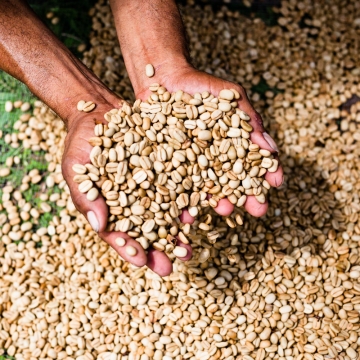Farmers’ Perception of Climate Change: A Review of the Literature for Latin America
Global climate is changing rapidly, and it is not clear if agricultural producers in developing countries will be able to adapt fast enough in order to mitigate its negative effects. In order to be willing to take adaptation measures, farmers need to perceive that the climate is changing or could change, and they need to attribute enough weight to this perception to take action. During the last two decades, the literature that examines farmers’ perception of climate change has gained ground, but it is still scant.
